Issue: Spring 2014 | Section: @UMICHLAW
5 results
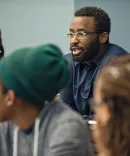
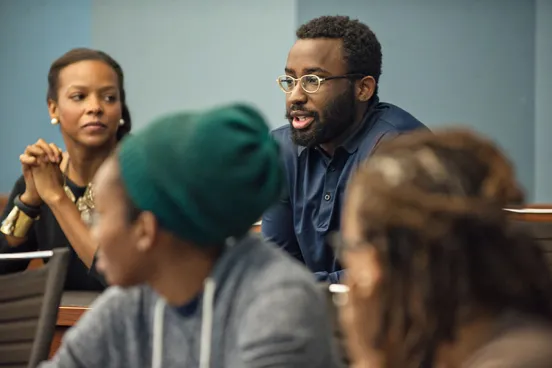
@UMICHLAW Spring 2014
Future Law Professors Workshop Helps Legal Academics Find their Footing
The Future Law Professors Workshop, now in its third year, allows attendees to meet up with Michigan Law faculty and fellow alumni who are interested in teaching. “The Future Law Professors Workshop provided an invaluable opportunity to reconnect,” says Amna Akbar, ’04.


@UMICHLAW Spring 2014
Sankaran Challenges Michigan’s One-Parent Doctrine
Since his arrival in 2005, Professor Vivek S. Sankaran, ’01, has been working to change Michigan's one-parent doctrine. It states that the court gets jurisdiction over a child based on the finding that one parent is unfit. “My initial reaction was that this is insane, this idea that you can take children away from both parents based solely on findings against one,” he says.
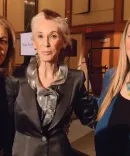
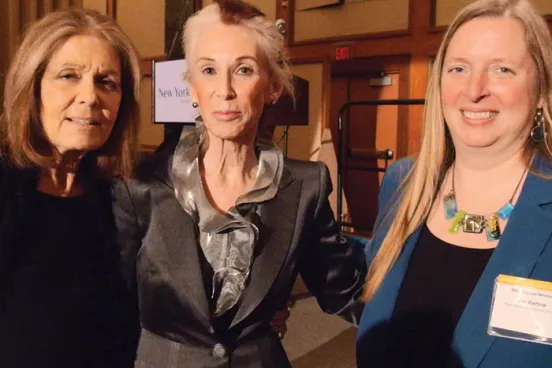
@UMICHLAW Spring 2014
MacKinnon Wins Ruth Bader Ginsburg Lifetime Achievement Award
This year, the Association of American Law Schools’ (AALS) Section on Women in Legal Education recognized Professor Catharine A. MacKinnon with the Ruth Bader Ginsburg Lifetime Achievement Award. MacKinnon, the Elizabeth A. Long Professor of Law at U-M and the long-term James Barr Ames Visiting Professor of Law at Harvard, is only the second woman to receive the honor, after Supreme Court Associate Justice Ginsburg herself.


@UMICHLAW Spring 2014
Journal of the Civil War Era to Preserve Emancipation Scholarship
The Law School exhibit commemorating the 150th anniversary of Lincoln’s Emancipation Proclamation—and challenging its myths—may have come and gone, but the conversation it inspired is continuing with the publication of the project’s scholarly contributions in The Journal of the Civil War Era, Vol. 3, No. 4.

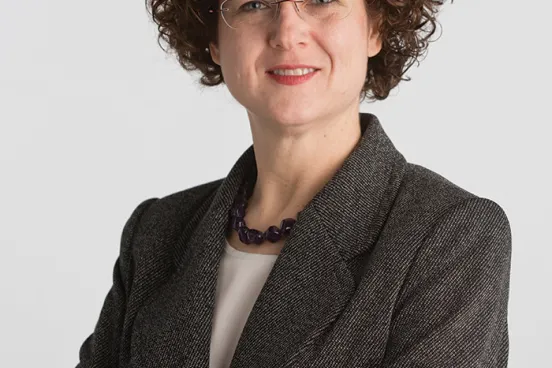
@UMICHLAW Spring 2014
Professor Nicole Appleberry, ’94: Tax Issues and Domestic Violence Survivors
As the director of the Low Income Taxpayer Clinic (LITC), Professor Nicole Appleberry, ’94, sees firsthand how tax issues affect domestic violence survivors. “Domestic violence is about power and control,” Appleberry says, “and when a woman leaves a domestic violence relationship, she is particularly vulnerable, especially from a financial standpoint.”

